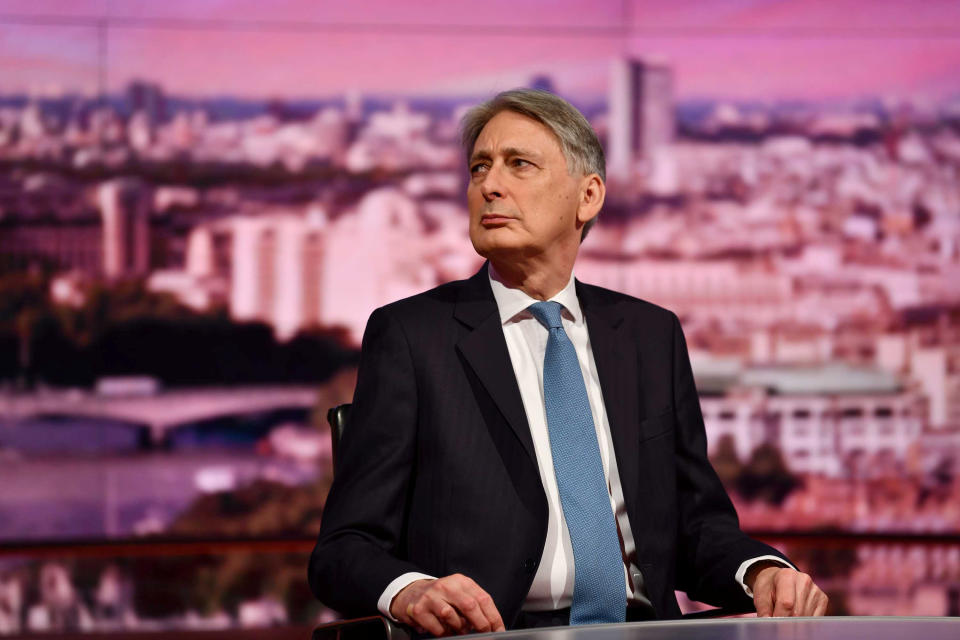Hammond: 'Physically impossible' for UK to leave EU on 29 March

UK chancellor Philip Hammond said it is now “physically impossible” for the UK to leave the European Union on the original 29 March, 2019 Brexit date.
Hammond said on the BBC’s Andrew Marr show that even if Members of Parliament (MPs) passed a prime minister Theresa May’s Brexit deal over the next week, there would still need to be a extension to Article 50 in order to pass the necessary legislation and prevent a no-deal Brexit.
Article 50 is the official notification that Britain will leave the EU. Once it is triggered, it starts a two-year period where Britain negotiates with the EU on an exit deal before it legally has to leave the bloc.
May is reportedly planning to table a third meaningful vote — dubbed “MV3” — in parliament next week, asking MPs to approve her withdrawal agreement. The first two votes — first in January and again on 12 March — were both voted down by large margins.
It is looking unlikely that May’s deal will be passed in parliament this week, according to a range of analyst notes that Yahoo Finance UK looked at.
“It is highly likely … that Mrs. May will fail if she tries again,” Samuel Tombs, chief UK economist at Pantheon Macroeconomics, wrote in a note to clients. His view was echoed by analysts at Morgan Stanley, Credit Suisse, and ING, while UBS said “success is far from certain.”

 Yahoo Finance
Yahoo Finance 
